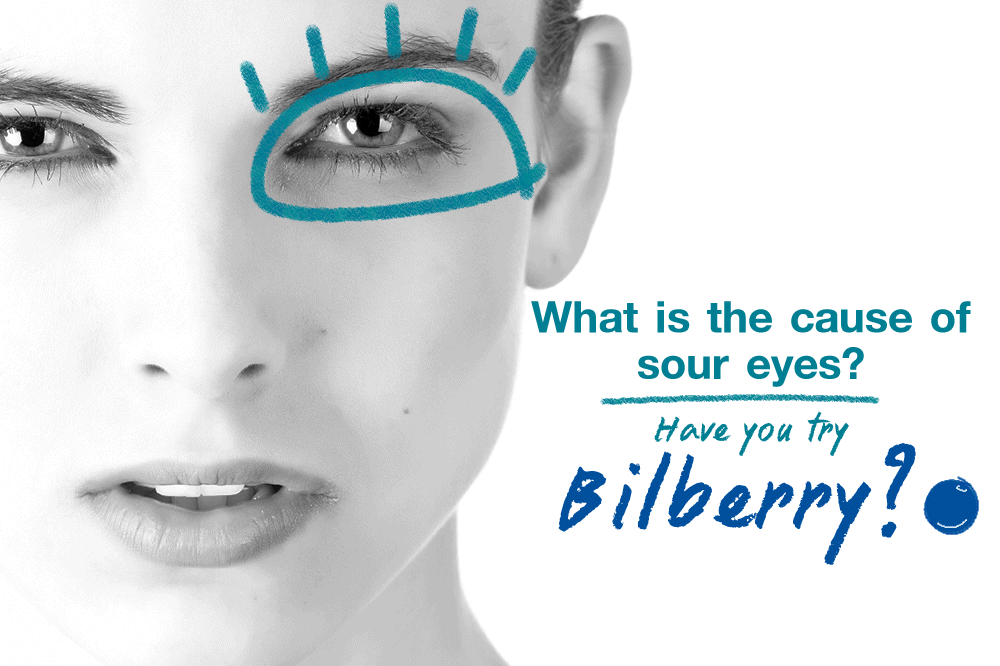Healthcare is important, it is the knowledge that both medical practitioners and general public should have. This will enable people to give advices on healthcare and to have sustainable self-wellness which will prevent health declination that may cause diseases either chronic disease such as hypertension, diabetes, or contagious diseases such as colds.
There are many aspects to holistic healthcare including stress management, nutrition, sleep, exercise, sufficient water intake, refrain from smoking and limiting alcohol intake. In this regard, information gathered from the latest research papers suggested the following:
Keeping Wellness consists of:
1. Stress Management
If the body is under stress for a period longer than it could cope with, it can be subject to adrenal fatigue which leads to difficulty in getting up in the morning, prolonged tiredness and drowsiness. Stress can also decrease the melatonin level causing insomnia. Therefore, stress management is important. There are many methods in managing stress, e.g., meditation, massage/SPA, and laughing.
2. Nutrition
• USDA (U.S. Department of Agriculture) and Harvard School of Public Health1 recommended that 50% of a meal should be multicolored fruits and vegetables, 25% of which should be rice or cereals for the whole wheat or non-polished cereals will affect blood sugar and insulin levels less than white rice or polished cereals, and the remaining 25% should be protein from fish, poultry or beans. Red meat and processed food, e.g., sausages or bacon should be limited.
• Anti-Aging medicine suggests that there are certain nutraceuticals that can slow down the shortening of telomere (telomere is at the end of a chromosome protecting genes within the chromosome, when telomere becomes shorter the cell deteriorates). These nutraceuticals are vitamins A, B3, C, D, E, folic, zinc, magnesium, omega-3, grape seed, curcumin, polyphenol and fiber2.
The mechanisms of nutraceuticals affecting telomere length.
• Food and nutraceuticals for adrenal fatigue conditions
For adrenal fatigue conditions (e.g. difficulty in getting up in the morning and drowsiness) breakfast and daily food intakes should be in small portions but frequent (5-7 meals /day).
o Avoid: tea, coffee, alcohol, sugar, soft drinks/soda and processed foods.
o Consume: natural fresh food, essential saturated fatty acid e.g. omega-3, vitamins B3, B5, B6, C, E and minerals i.e. magnesium, calcium and zinc, and supplement with herbal adaptogens, e.g., ginseng and relaxing herb e.g. chamomile etc.
3. Resting
In 2002, a study was conducted on 1.1 million Americans to find out about a healthy sleep by the University of California at San Diego School of Medicine and the American Cancer Society. The study revealed that people who had an average hours of sleep of 7 hours a day was the group who lived the longest comparing to the groups of people who had an average hours of sleep of less than 4 hours a day and more than 8 hours a day3. In 2013, the American Academy of Sleep Medicine and Sleep Research Society had drawn a conclusion that an adult should sleep at least 7 hours per day to reduce health risks, i.e., obesity, diabetes, hypertension, heart diseases, stroke, depression, low immunity and reduced death risk4.
4. Exercise
For a healthy heart and muscle, the American College of Sports Medicine5 recommended Cardio exercise together with Resistance training under the durations and frequencies as follows:
• Cardio exercise for healthy heart can be done in 2 ways depending on the intensity of exercises.
1. Moderate-intensity, e.g., walking and aqua aerobic. These exercises should be done > 30 minutes a day, 5 days a week (150 minutes per week)
2. Vigorous-intensity, e.g., running, swimming, aerobic and rope skipping. These exercises should be done >20-30 minutes/day
3 days a week (75 minutes per week)
• Resistance training for all muscles are recommended for 2-3 days a week.
In addition, one should drink sufficient water, refrain from smoking and limit alcohol intake. However, a small amount of red wine could be beneficial to health.
Taking care of your health can be easily done if only we care to adjust our behavior in eating, resting, stress managing and exercising. These can help us achieve wellness and healthy long life.
References
1. https://www.hsph.harvard.edu/nutritionsource/healthy-eating-plate/
2. Ligi Paul. Diet, nutrition and telomere length. Journal of Nutritional Biochemistry 22 (2011) 895–901
3. David Spurgeon. People who sleep for seven hours a night live longest. BMJ. 2002 Feb 23; 324(7335): 446.
4. Recommended Amount of Sleep for a Healthy Adult: A Joint Consensus Statement of the American Academy of Sleep Medicine and Sleep Research Society. Sleep. 2015 Jun 1; 38(6): 843–844.
5. American College of Sports Medicine position stand. Quantity and quality of exercise for developing and maintaining cardiorespiratory, musculoskeletal, and neuromotor fitness in apparently healthy adults: guidance for prescribing exercise. Med Sci Sports Exerc. 2011 Jul;43(7):1334-59. doi: 10.1249/MSS.0b013e318213fefb.



















































